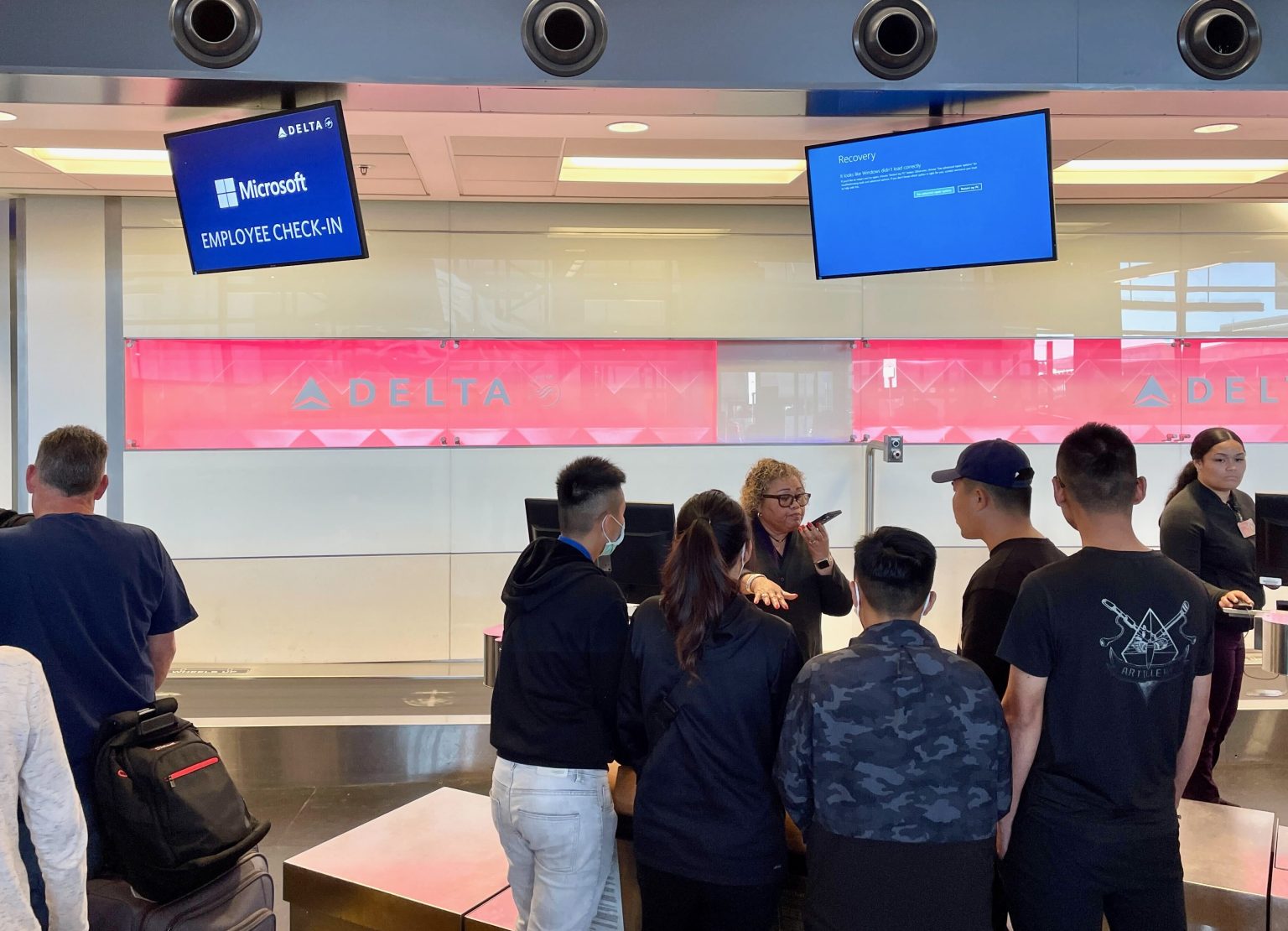The aftermath of the CrowdStrike disaster has revealed significant issues with backup plans in the digital age, as demonstrated by Delta Airlines’ struggles to recover after the outage. The failure of Delta’s backup plan highlights the prevalence of “single points of failure” in large corporations, where realistic backup plans are often not invested in. This leads to event cascades, which can be preventable with proper backup measures in place. However, the structural issue lies in the lack of investment in a truly workable “Plan B,” which is costly to maintain and update, making it unlikely for companies to invest in unless regulated.
The Fukushima nuclear power plant disaster serves as a case study for the failure of backup plans in high-risk situations. The plant experienced an event cascade when an earthquake led to a power outage, followed by a tsunami that knocked out backup generators, resulting in a nuclear disaster. This example highlights how multiple failures can occur simultaneously, emphasizing the need for comprehensive backup strategies. Delta’s recent computer issues, while not as catastrophic as Fukushima, still demonstrate the importance of effective backup plans in avoiding prolonged disruptions to operations.
The challenge with creating reliable backup plans lies in the balance between investment and risk calculation. Companies must weigh the cost of redundant infrastructure, training, and equipment against the potential consequences of failure. However, training for worst-case scenarios is limited by the inability to fully simulate such events without disrupting operations. Without adequate preparation and investment in backup measures, organizations like Delta are left vulnerable to extended downtime and operational disruptions in the event of a system failure.
The fallout from the CrowdStrike incident may include financial repercussions for the company, as well as possible changes in software usage by other organizations. Delta, in particular, may experience financial losses from issuing refunds to affected customers, impacting their quarterly reports. However, without genuine competition in the airline industry to incentivize better planning and preparation for software glitches, similar incidents are likely to occur in the future. The lack of consumer choice in booking flights limits the ability for customers to hold airlines accountable for their lack of robust backup plans.
The recurring nature of software glitches and system failures in various industries underscores the need for political will to drive change in backup planning and disaster recovery efforts. Without regulatory pressure or market forces incentivizing better practices, companies may continue to prioritize cost-cutting over comprehensive backup measures. As technology advances and reliance on digital systems grows, the risk of event cascades resulting from single points of failure becomes a pressing concern that requires proactive measures to address.











